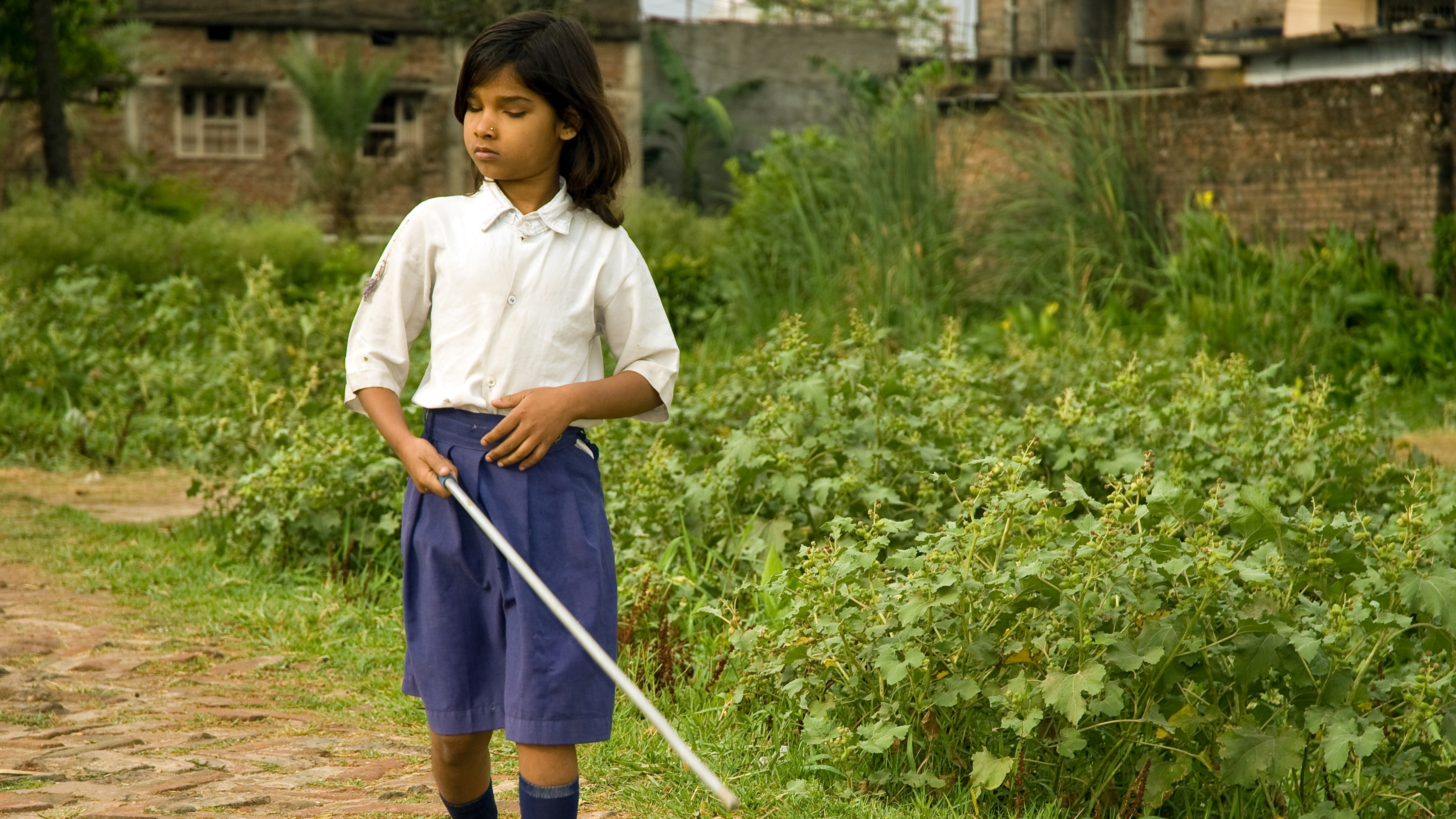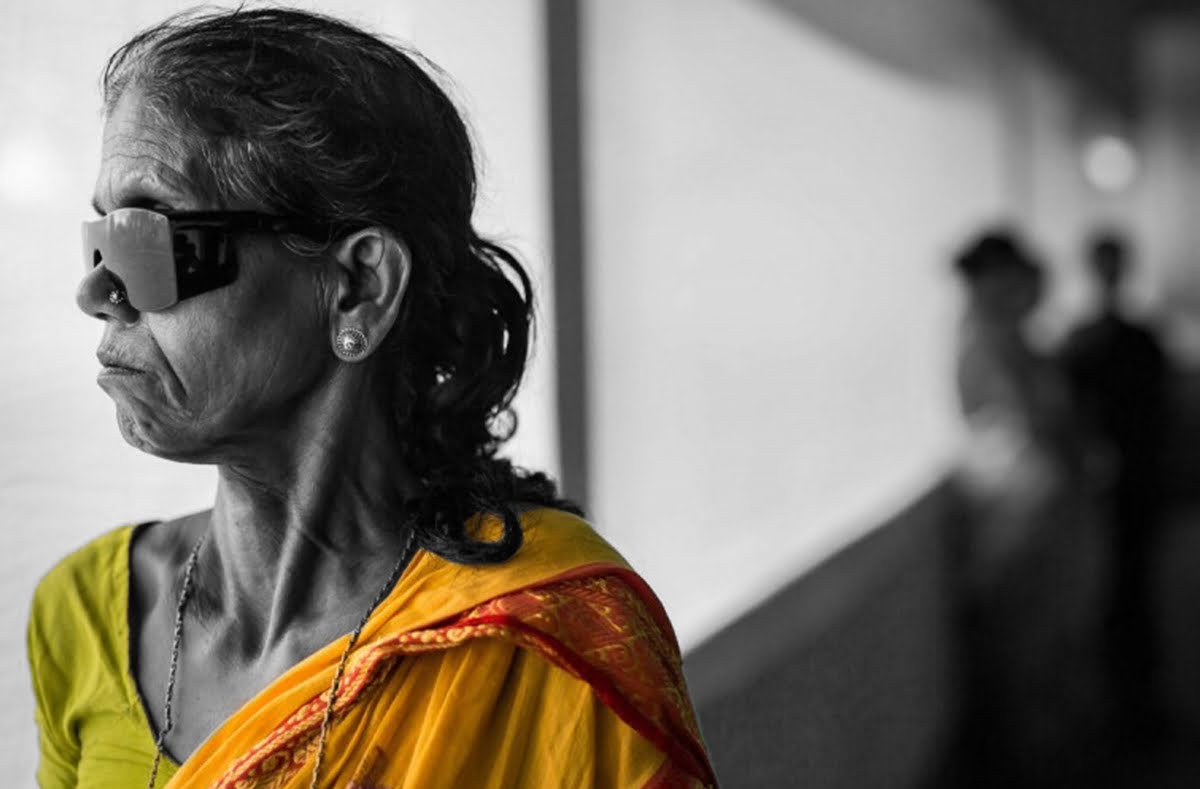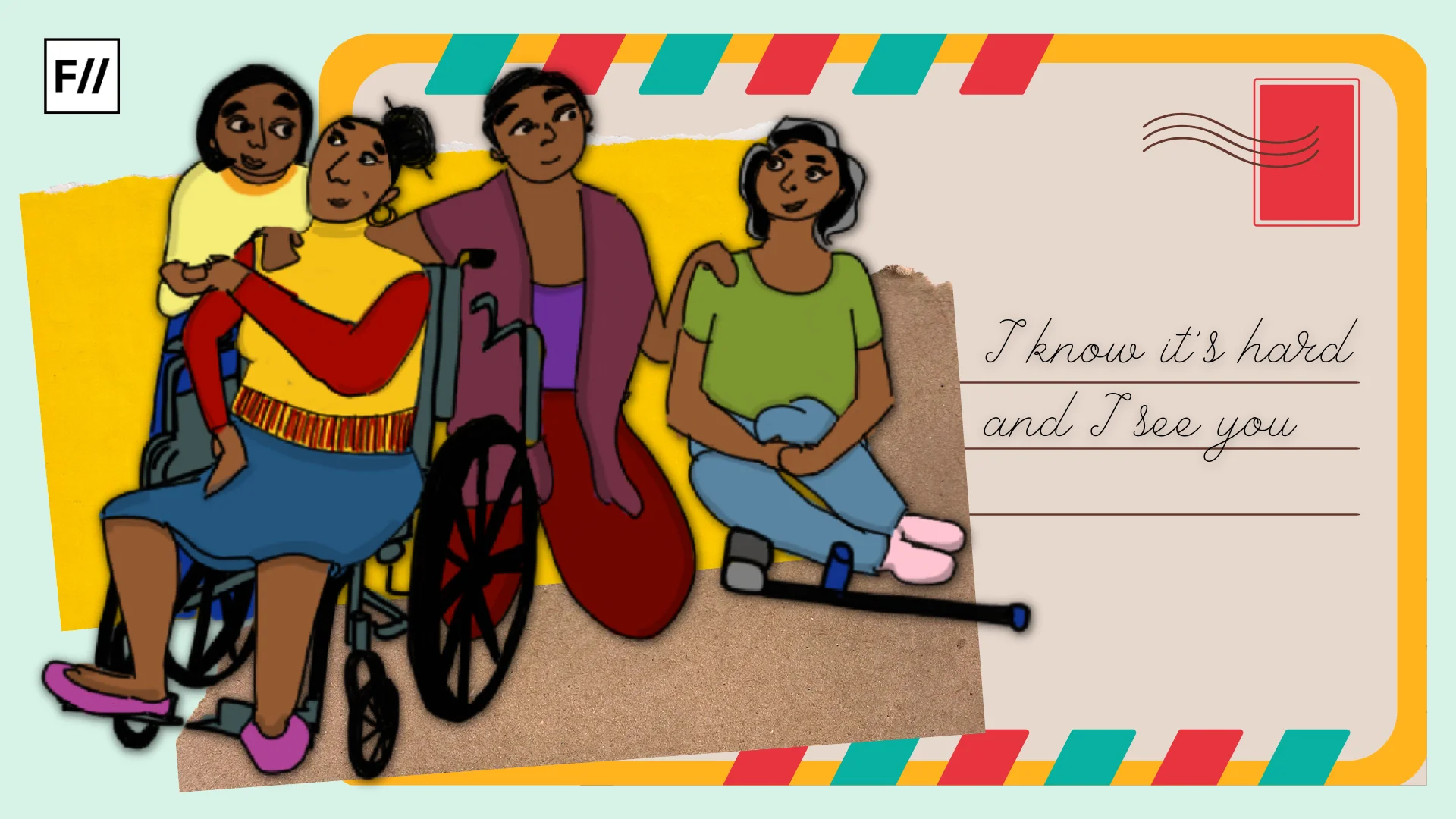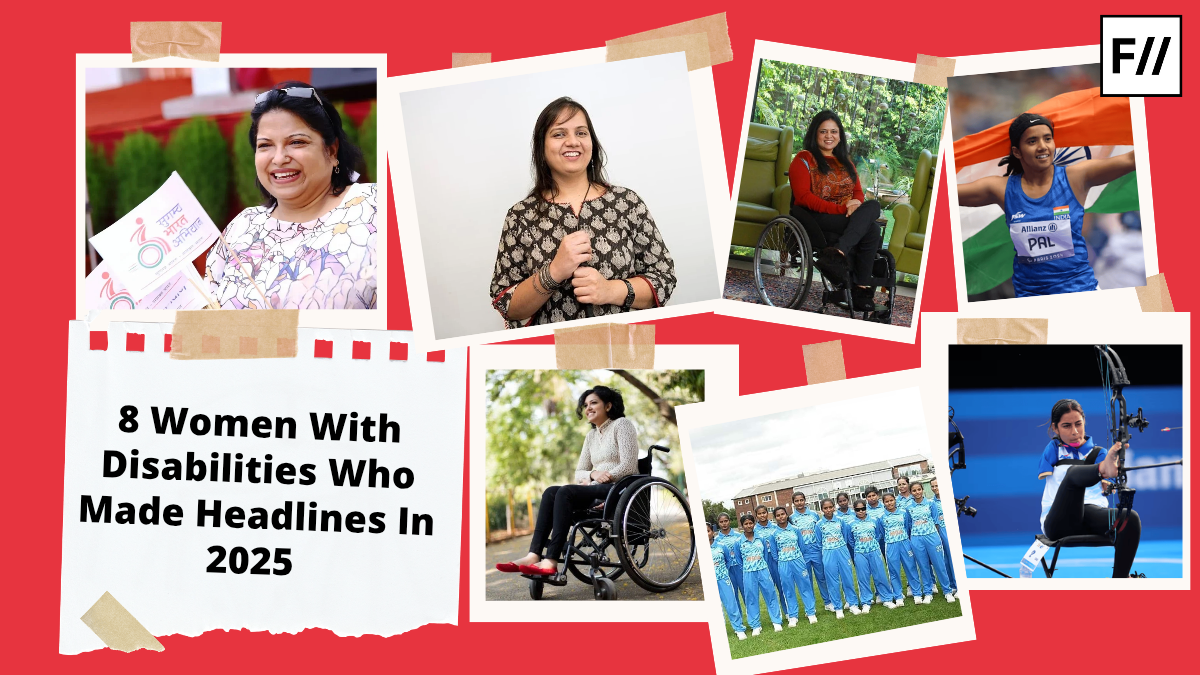Posted by Tiffany Brar
Hearing the news of the lockdown in late March, I immediately thought of all the blind students I work with. I knew accessibility was going to change drastically and it had me worried. India is home to a large percentage of the world’s disabled population. But during the lockdown and after, especially in a time of a crisis, were our accessibility needs met?
I knew accessibility was going to change drastically and it had me worried. India is home to a large percentage of the world’s disabled population. But during the lockdown and after, especially in a time of a crisis, were our accessibility needs met?
I remember walking on a main road after the lockdown to buy some essentials and it didn’t feel like a main road at all. It was quiet and I couldn’t hear the sound of a single vehicle. Finding it hard to navigate the space as a blind woman, I requested my care giver to go out and do the necessary shopping for me. It made me think about the numbers of disabled young girls and women who might not have had this support.
Experiences of lack of accessibility and worry were not new for disabled people but the pandemic definitely made things worse. In a research study conducted by Rising Flame and Sightsavers, it was found that 75 out of the 82 women who participated in the study had struggled with accessing either information, accessing physical spaces, communication, digital spaces, health services, food and other essentials.
In a research study conducted by Rising Flame and Sightsavers, it was found that 75 out of the 82 women who participated in the study had struggled with accessing either information, accessing physical spaces, communication, digital spaces, health services, food and other essentials.
Also read: How Lack Of Access Affected Emotional Well-Being Of People With Disability During COVID-19
The report pointed out that there was a rise in difficulties to access tactile support – especially for blind individuals like me. Mobility is a huge challenge, as we cannot rely on the landmarks we used to, such as, smells, sounds, voices. Additionally, navigating the roads by ourselves is difficult because of the numbers of potholes, and cracks, which force us to need public assistance.
The report discussed the trouble of mobility and the fears attached to it even as lockdown lifts. One such experience quoted in the report was by a 39-year-old woman with locomotor disability from Ahmednagar, Maharashtra: “I had gone to buy some ration, and there my crutches slipped. I fell down. In normal times, someone definitely used to come to pick me up if this sort of a thing happened. But that day, no one came. Then when I took out my sanitizer from my purse and gave it to the shopkeeper, that is when he came to help me get up.”
Apart from social distancing which has been creating further accessibility barriers, deaf persons interviewed for the report found particular challenges in social distancing and the using of masks. A 31-year-old woman from Mumbai said, “If they are wearing a mask and saying something, it will be more difficult to hear for me. I will need an interpreter; I will not be independent. I will have to depend on somebody for communication.”
Social distancing and wearing of masks are very important safety measures we need to adapt to stay safe from the virus. But it is important to ask how these measures are harming disabled people. Whether it is for blind women, deaf women, or women with locomotor disability, limited mobility is a huge barrier to their independence.
It is important to assess how social distancing and wearing masks are harming disabled people. Whether it is for blind women, deaf women or women with locomotor disability, limited mobility is a huge barrier to their independence.
Even as the lockdown lifts and “normalcy” is returned to in many of our cities and states, it is important to reflect on accessibility in these times. Inability to access information hits the deaf community the hardest, as they are always kept in the dark, due to lack of awareness about their communication needs, especially since such little content is available in sign language in India. The other important point noted by the study was that the source of information on the pandemic, the Arogya Setu app itself is not within the accessibility limits of persons with disabilities such as blindness and deafness.
Lack of accessibility is not just hindering our immediate present but severely impacting the future of millions of persons with disabilities, particularly, women with disabilities in the areas of education and livelihood. As a 20-year old deaf and blind college student from Delhi reported in the study: “No special assistance, no captions or text are shared. Most of the assignments are PDFs scanned and sent which mean someone needs to read out to me.” This further alienates her from education and learning.
In a country as vast as ours, accessibility to information and communication technologies is not uniform. For some of us access to the internet enables better connection but internet connection in rural areas can be poor or limited. This affects not just access to information but access to education, remote learning, digital connections and even access to food and essentials. Thus access to information, access to digital spaces for disabled people, and women and girls in particular cannot be ignored anymore.

As lockdown lifts, we should bring about more measures to assist persons with disabilities to travel to work/school/college, or provide accessible online platforms for them to work and/study from home. We should not lose the small victories we have achieved in attaining accessibility.
Also read: COVID-19 Impact: The Health Of Persons With Disabilities Goes Neglected & Forgotten
Some recommendations provided by the report for ease of accessibility of people with disabilities are:
- Make all communications/ information/ announcements regarding COVID-19, the lockdowns and the unlocking processes be in plain language and made available in a range of accessible formats.
- Following consultation with persons with disabilities, design social distancing norms which consider the access and support needs of persons with disabilities and ensure public awareness on the same
- Digital media should include materials in accessible formats and meet the accessibility guidelines as well as provide for sign language interpretation for all new bulletins. This includes all websites, apps, communication platforms, news portals.
If we have to build a new normal, we cannot do it by leaving disabled people behind.
Tiffany Brar is a motivational speaker, a special educator, a social activist, ever ready to raise her voice for her community and for other disabilities as well. She speaks over six languages. She loves independent travelling and has done sky diving, paragliding, tandem cycling, rope climbing and a lot more. She has won several awards and is one of the only blind women In India who has delivered five Ted talks on a variety of thought provoking subjects and she is going to deliver her sixth soon!
Rising Flame and Sightsavers conducted and published a study titled Neglected & Forgotten: Women with Disabilities during the Covid Crisis in India in July 2020. 82 women with disabilities participated in its survey which focused on aspects such as Access, Health, Emotional Well-Being and Social Protection, among others. This August, Feminism In India will do a deep-delve into the aforementioned themes.
Featured Image Credit: Brent Stirton Photography
About the author(s)
Rising Flame is a nonprofit organisation based in India, working for recognition, protection, and promotion of human rights of People with Disabilities, particularly women and youth with disabilities. Rising Flame’s vision is to build an inclusive world in which diverse bodies, minds, and voices thrive with dignity; live free of discrimination, abuse, and violence; and enjoy equal opportunities and access. Since its establishment in 2017 as a self-led organisation, it aims to enable persons with disabilities standing at multiple intersections to have a voice, have a space, be heard and lead from the front. It is the Recipient for the National Award for Empowerment of Persons with Disabilities 2019.





Informative article.